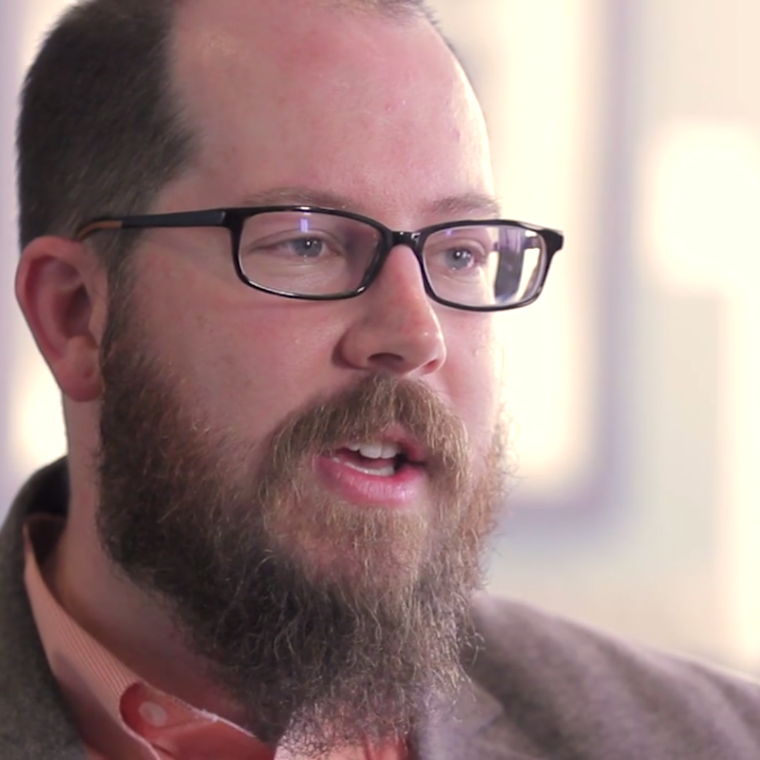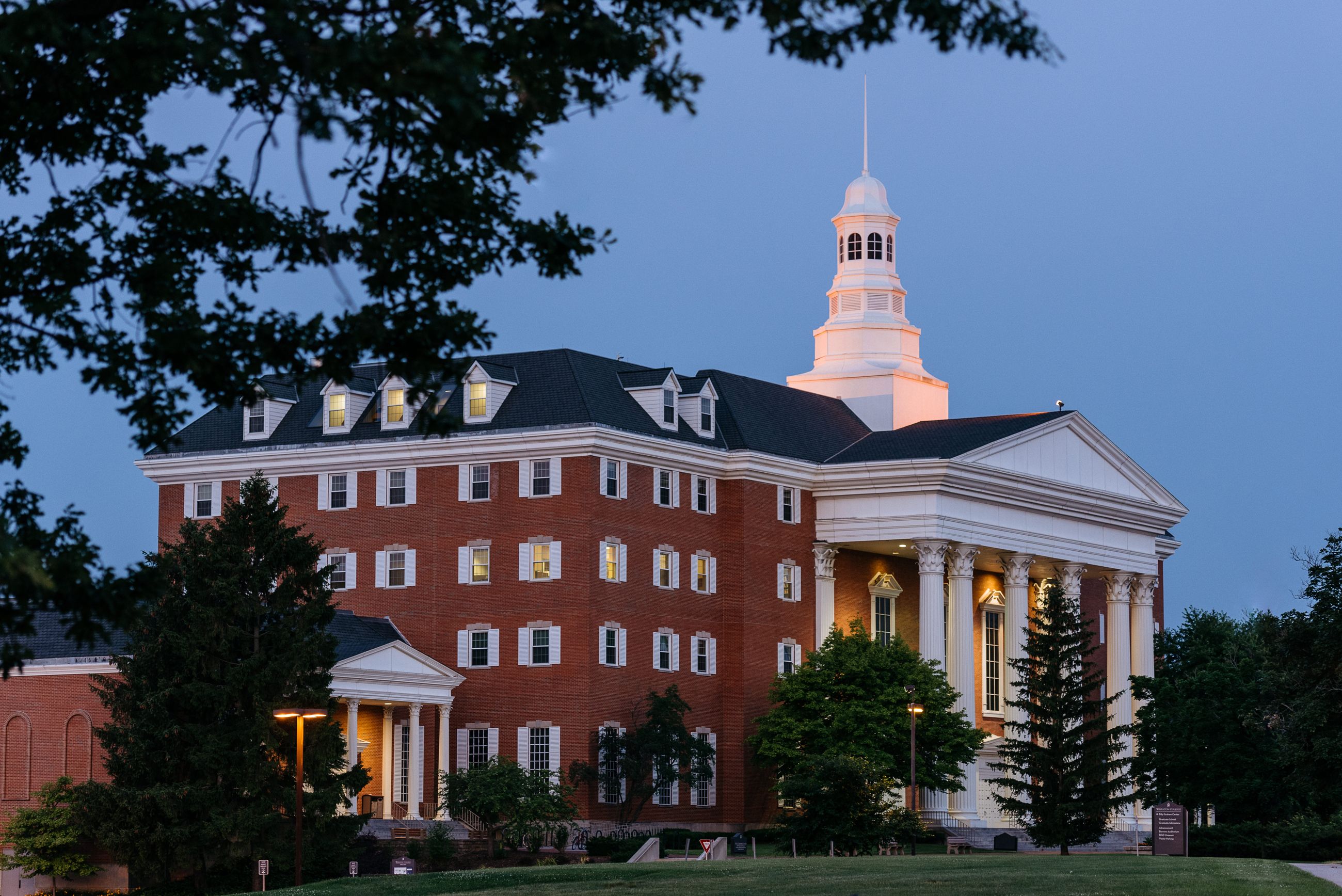History of Christianity Faculty Books
Wheaton College History of Christianity faculty are regularly publishing books.
Based upon a decade of research on the sources at Geneva's Archives d'Etat and Bibliotheque de Geneve, Dr. Jennifer Powell Mcnutt provides the first comprehensive monograph devoted to Geneva's Enlightenment clergy. Examination of the social, political, theological, and cultural encounter of the Reformation with the Enlightenment in the figurative meeting of Calvin and Voltaire brings to light the life, work, and thought of Geneva's eighteenth-century clergy.
Despite being a major site of friction between faith and modern thought, the relationship between anthropology and Christianity has never before been the subject of a book-length study. In this groundbreaking work, Dr. Timothy Larsen examines the point where doubt and faith collide with anthropological theory and evidence.
The scripture-saturated culture of nineteenth-century England is displayed by Dr. Timothy Larsen in a series of lively case studies of representative figures ranging from the Quaker prison reformer Elizabeth Fry to the liberal Anglican pioneer of nursing Florence Nightingale to the Baptist preacher C. H. Spurgeon to the Jewish author Grace Aguilar. Even the agnostic man of science T. H. Huxley and the atheist leaders Charles Bradlaugh and Annie Besant were thoroughly and profoundly preoccupied with the Bible.
Stories are frequently told of prominent Victorians such as George Eliot losing their faith. This crisis is presented as demonstrating the intellectual weakness of Christianity as it was assaulted by new lines of thought such as Darwinism and biblical criticism. This study serves as a corrective to that narrative. Dr. Timothy Larsen focuses on freethinking and Secularist leaders who came to faith. As sceptics, they had imbibed all the latest ideas that seemed to undermine faith; nevertheless, they went on to experience a crisis of doubt, and then to defend in their writings and lectures the intellectual cogency of Christianity. The Victorian crisis of doubt was surprisingly large. Telling this story serves to restore its true proportion and to reveal the intellectual strength of faith in the nineteenth century.
Caesar and the Lamb by Dr. George Kalantzis focuses on the attitudes of the earliest Christians on war and military service and tells the story of the struggle of the earliest Church, the communities of Christ at the margins of power and society, to bear witness to the nations that enveloped them as they transformed the dominant narratives of citizenship, loyalty, freedom, power, and control.

